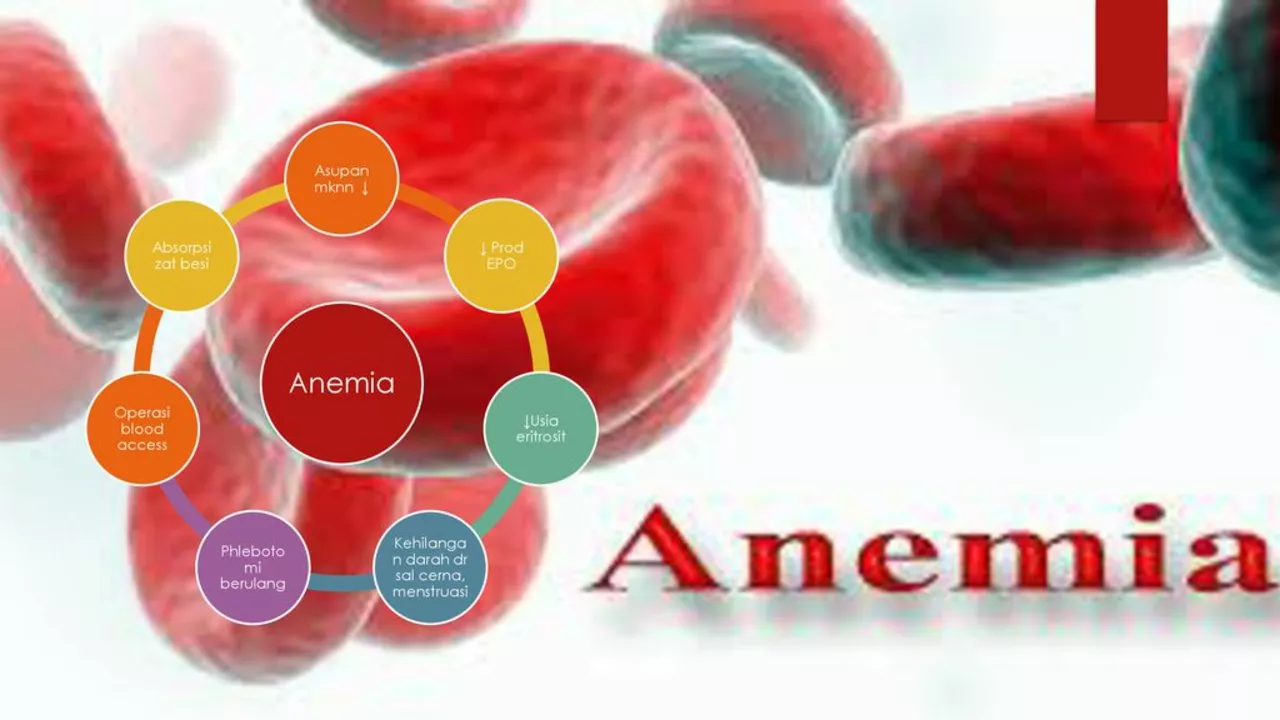Inflammation: Practical Tips to Reduce Pain and Swelling
Inflammation is your body's response to injury or infection. It shows up as redness, heat, swelling, and pain. Acute inflammation helps you heal, but when inflammation hangs around it can hurt daily life and raise disease risk. This guide gives clear, useful steps you can try now, plus when to see a doctor and where to read more on gogomeds.su.
Quick at-home steps to lower inflammation
Rest the affected area and avoid movements that worsen pain. For injuries, use RICE—rest, ice, compression, elevation—for the first 48 to 72 hours. Over-the-counter NSAIDs like ibuprofen can ease pain and swelling short-term. If you prefer natural options, evidence supports curcumin, omega-3s, and quercetin for lowering inflammatory markers; our article on natural supplements digs into the research and products. Swap processed carbs and sugary drinks for whole foods: vegetables, fatty fish, nuts, and olive oil are anti-inflammatory. Aim for good sleep and daily movement—walking, swimming, or light strength work helps circulation and lowers inflammatory hormones.
Cold packs reduce swelling; warm baths relax muscles once swelling drops. Avoid smoking and limit alcohol—both make inflammation worse. Keep a simple symptom log: note pain level, swelling, triggers, and any new medicines. That log helps you and your clinician spot patterns fast.
Medication choices and when to see a doctor
Short-term NSAIDs or acetaminophen can help, but they don't fix the cause. For persistent or severe inflammation, doctors may prescribe corticosteroids, disease-specific drugs, or antibiotics if an infection is involved. Some people look for safer alternatives to long-term steroids or specific drugs; we review options like hydroxychloroquine substitutes and steroid alternatives on the site. Always check interactions with your other meds and ask your doctor before switching treatments.
Call your doctor if you have high fever, rapidly spreading redness, severe pain, loss of function, or symptoms that don’t improve after a few days. Also seek care if you have unexplained weight loss, ongoing fatigue, or signs of an autoimmune condition. For infections, timely antibiotics can prevent complications—our antibiotic guides explain when antibiotics help and when they don't.
Want specific reading? Start with our pieces on natural anti-inflammatory supplements, alternatives to common anti-inflammatory drugs, and practical guides for everyday aches. Each article gives evidence-based tips and clear next steps. Use them to form questions for your clinician or to try safe lifestyle changes at home.
Inflammation is common, but you don't have to guess about it. Try sensible home measures, consider proven supplements if appropriate, and reach out for medical care when signs point to something more serious. We're here to help you navigate options that fit your life and health needs.
Examples: read 'Best Natural Supplements as Alternatives to Hydroxychloroquine for Inflammation' for a breakdown of curcumin, omega-3s, and quercetin; 'Exploring Effective Alternatives to Prelone' covers steroid substitutes; and 'Physical Discomfort: Spotting and Soothing Everyday Aches' has simple daily fixes. Each piece links to studies and practical product tips so you can pick what fits you. Bookmark these and bring notes to your next appointment.
Stay informed daily.

